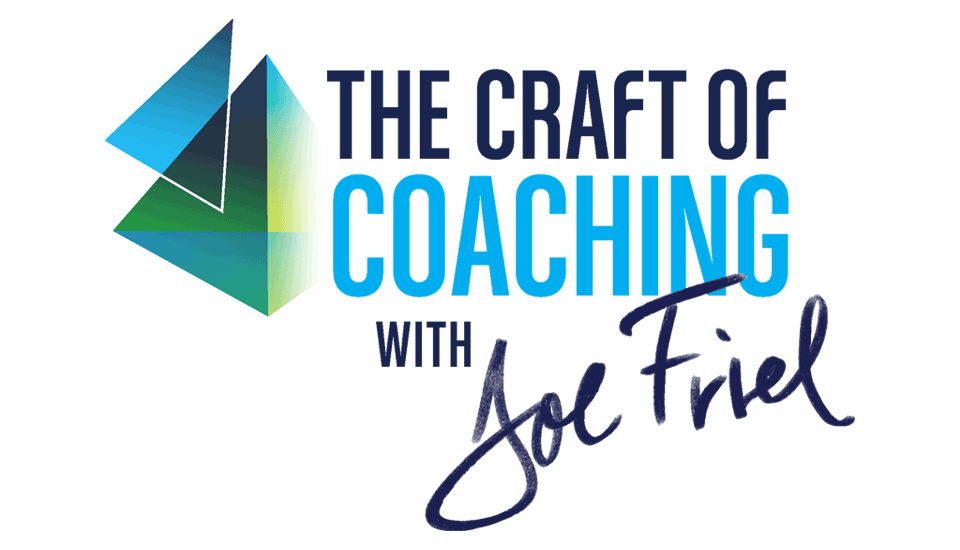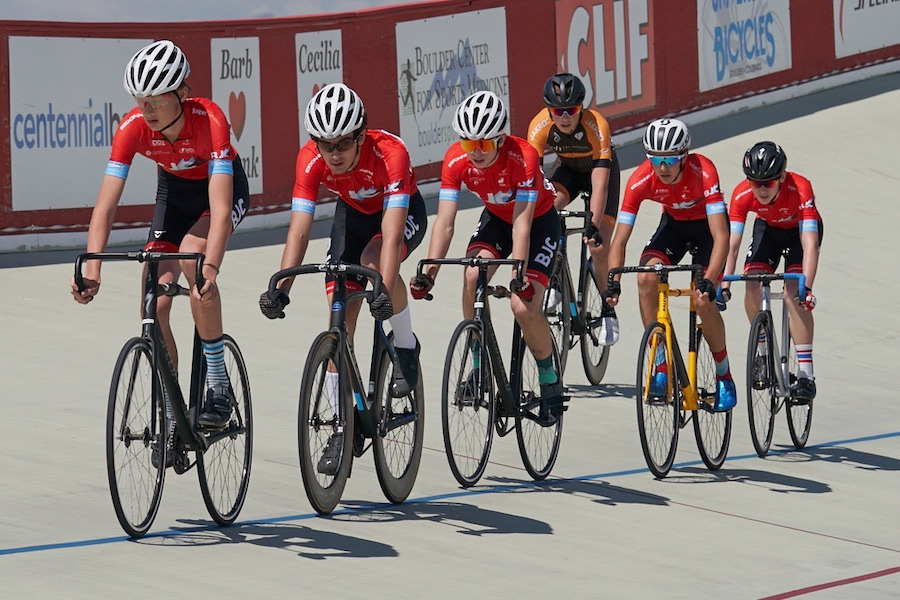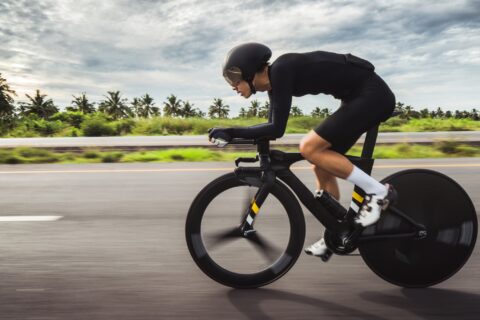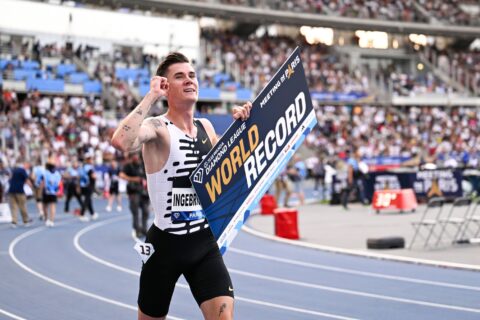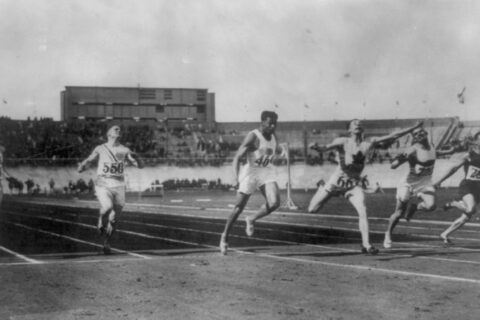Studies exploring how necessary it is to perform as junior in order to become elite
Success in Elite Cycling: A Prospective and Retrospective Analysis of Race Results
- Cyclists’ careers tended to last about the same length of time whether they started as juniors or not, so cyclists who had raced at a high level as juniors tended to have shorter elite careers.
- In countries where cycling is not popular, such as Germany and Australia, a very high percentage of Grand Tour riders (about 70%) were junior cyclists, compared to about 20% in countries like France, Spain, and Italy where cycling is very popular. The theory is that countries where cycling is less popular have to rely on early talent identification.
- On the track, there is a higher percentage of athletes who had raced as juniors. This was not the case in road cycling.
Talent identification and promotion programs of Olympic athletes
This study looked at the challenges of identifying and preparing Olympic athletes.
- Researchers found that the following were not necessary in adolescence:
- Earlier introduction to the sport
- A higher volume of sport-specific training
- An extended involvement in institutional talent promotion programs
- Surprisingly world-class athletes tended to get into their sports later and continued to compete in other sports versus being single-sport focused.
- One of the primary recommendations of the study was to stop focusing on youth for talent identification and instead to have adult talent identification and “recycle” athletes from other sports.
- This study did find that U17, U19, and U23 cyclists who did become pros outperformed youth cyclists who did not reach the pro ranks.
- Performance at the youth level was predictive of becoming professional, with the likelihood increasing at each higher age group.
Elite versus non-elite cyclist – Stepping up to the international/elite ranks from U23 cycling
- This study looked at U23 athletes, not juniors.
- It found that U23 cyclists who became pro tended to be stronger and do more volume in their training than their counterparts who did not go pro.
- This offers additional evidence that performance in older youths (cyclists over 18) is an indicator of success as adults, but it doesn’t address juniors.
The importance of performance in youth competitions as an indicator of future success in cycling
- This study looked at U15, U17, and U19 cyclists who had achieved at least one top 10 at provincial or national junior competitions.
- Researchers found that performing well at the U15 level was not predictive of whether the athletes became elite cyclists as adults.
- Performance at the U17 and U19 level was predictive: In fact, each additional top-10 performance increased the likelihood they’d become professional by 3-5% in the U17 category and 6% in the U19 category.
- This study looked at the careers of Italian cyclists who started as youths.
- Of the youths who ranked top 10 in Italy, only 1.6% of U16s, 8.3% of U18s, and 25% of U23s achieved a top-10 level in Italy at the elite level.
- In other words, U15 performance had little to no correlation with future success, U18 success had a moderate correlation, and U23 success had the strongest correlation.
The consistency of performance among age-group swimmers over eight consecutive years
- This study looked at the consistency of performance in German swimmers from age 11 to 18.
- They found that the consistency was very low: Only 33% of swimmers who were ranked top 100 at age 11 were still ranked top 100 at age 18, and only 23% were consistently ranked top 100 across those eight years.
From early to adult sport success: Analyzing athletes’ progression in national squads
- This study looked at soccer, volleyball, swimming, and judo athletes who competed at an international level at an early age (pre-junior).
- Only a third of these athletes competed as senior athletes demonstrating that early success wasn’t a strong predictor of later success.
Studies looking for metrics to predict future success
Aerobic Fitness Variables Do Not Predict the Professional Career of Young Cyclists
- Aerobic fitness markers such as VO2max, absolute VO2 at respiratory compensation point, and overall aerobic fitness were higher in young cyclists (average age of 17.5) who reached elite and World Tour levels.
- However, these variables were not predictive of who achieved elite status.
- What this means is that while the future elite athletes did have better “aerobic gifts” in their youth than their counterparts, having better aerobic fitness at a young age doesn’t mean an athlete will end up being elite. There are many other factors to consider.
- Cyclists who had a World Tour contract by the time they were 23 tended to perform better than their counterparts by the time they were 18.
- The authors recognize that this may have less to do with their strength and be more a result of these strong performances at 18 opening up more opportunities for contracts, financial support, and racing opportunities.
- This was evidenced by the fact that other physiological variables, training volume, and training intensity distribution did not predict future success.
Predicting the next Pogačar: a data analytical approach to detect young professional cycling talents
- This study attempts to create a model for predicting future stars by looking at what today’s top cyclists were like as juniors.
- While they may be able to find cyclists that have the same physiological attributes as Pogačar when he was a junior, it’s quite possible there were thousands of cyclists who had those characteristics and it’s other factors that led Pogačar to become a Tour champion while many of those thousands never even became professionals.
Studies Exploring Other Factors Beside Physiology that Contributed to Success as Adults
- This study explored the psychosocial side of elite success, looking at five male and six female New Zealand track-and-field athletes who competed as elite juniors. While all competed as seniors, five went on to medal at the Olympics, world championships, or Commonwealth games, and six did not.
- Those who went on to medal displayed:
- “a significant commitment to a clearly defined and realistic goal,”
- “achieved early international success at the senior grade,” and
- “had a single dominant identity and key strength.”
- Those who were not successful as seniors had:
- “competing demands and tensions in their social, academic/career lives” and
- “a lack of progression.”
Transitions in the Careers of Competitive Swimmers: To Continue or Finish with Elite Sport?
- This study looked at swimmers who made the transition from the junior to elite level, with swimmers falling into two groups: those who stuck with an elite career regardless of how successful they were, and those who quit prematurely.
- They found that those who stuck with it:
- spent a longer time exploring the sport before committing to it,
- actually had fewer total hours of structured training, and
- saw fewer perceived costs than the group that quit early.
- The authors suggested appropriate social support as one way to help athletes avoid a premature ending to their careers.
Studies exploring early specialization
- Sport specialization at a young age increased the risk for overuse injuries, burnout, and dropping out of sports.
- This review looked at professional, elite and Olympic athletes who specialized in their sport as youths.
- They found that specializing at a later age reduced the risk for injury and increased performance benefits in the sport where they ultimately achieved an elite career.
- The exceptions were soccer and marathon running, where earlier specialization seemed to help.
- Junior athletes are already specializing into hill climbers, flat-landers and sprinters.
Congratulations!
You have reached the end of The Craft of Coaching Module 10 // Coaching Junior Athletes. Next up is Module 11 // Coaching Masters Athletes.
